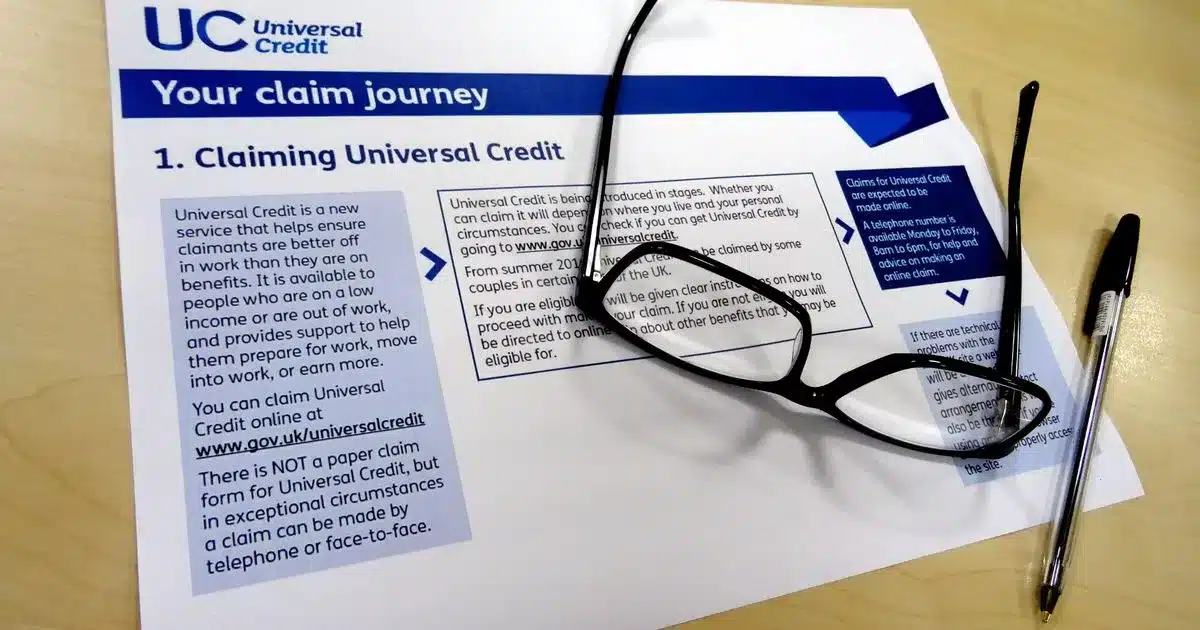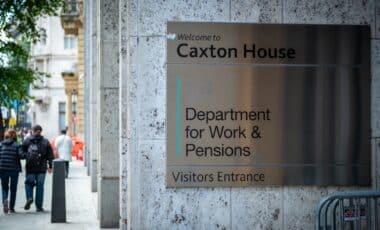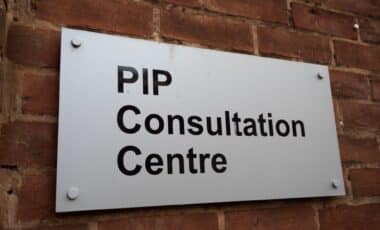With February coming to an end, Universal Credit recipients may notice adjustments to their usual payment dates. The shorter month affects benefit schedules, particularly for those expecting funds on the 29th, 30th, or 31st.
This change, according to the Department for Work and Pensions (DWP), ensures that no claimant is left waiting beyond their expected payment cycle. With March 1st falling on a Saturday, scheduled deposits for this weekend will be brought forward to Friday, February 28th.
Why Universal Credit Payments Are Changing This Week
Unlike some benefits that follow a fixed weekday pattern, Universal Credit payments are tied to the date of a claimant’s initial deposit. This means that those who received their first payment on the 29th, 30th, or 31st of a month will be affected in February, as the month has only 28 days.
According to BirminghamLive, any payments originally due on February 29th, March 1st, or March 2nd will now arrive on Friday, February 28th instead. This is because March 1st and 2nd fall on a weekend, when payments are typically not processed.
The DWP has advised recipients to check their bank accounts on February 28th to confirm their payment has been received. If there are any issues, claimants will need to wait until Monday, March 3rd, to report missing or incorrect amounts.
How to Check and Manage Universal Credit Payments
Claimants can verify their payment details through their online Universal Credit account or by checking their bank statements. Any discrepancies should be reported directly to the DWP after the weekend, as customer service lines will not be available until Monday.
For those budgeting around their payments, it is crucial to plan ahead. The DWP has previously encouraged claimants to set reminders for payment dates and ensure they account for any schedule changes when managing household expenses.
Bonus Payments Confirmed to Help With Rising Costs
In addition to the adjusted payment dates, some Universal Credit and Housing Benefit claimants may receive extra financial support as part of an emergency assistance scheme. According to BirminghamLive, Dudley Council has pledged £1.2 million to help vulnerable residents struggling with rent and council tax costs.
The funding will be divided between two major support schemes:
- £1 million for the Discretionary Council Tax Relief Scheme, aimed at assisting those who are behind on their council tax bills.
- £200,000 for Discretionary Housing Payments, offering additional help to those receiving Housing Benefit or the Universal Credit Rent Element.
Council leader Patrick Harley emphasised that the initiative is designed to support those in urgent financial need, particularly as energy bills are expected to rise by an average of £111 per year from April.









